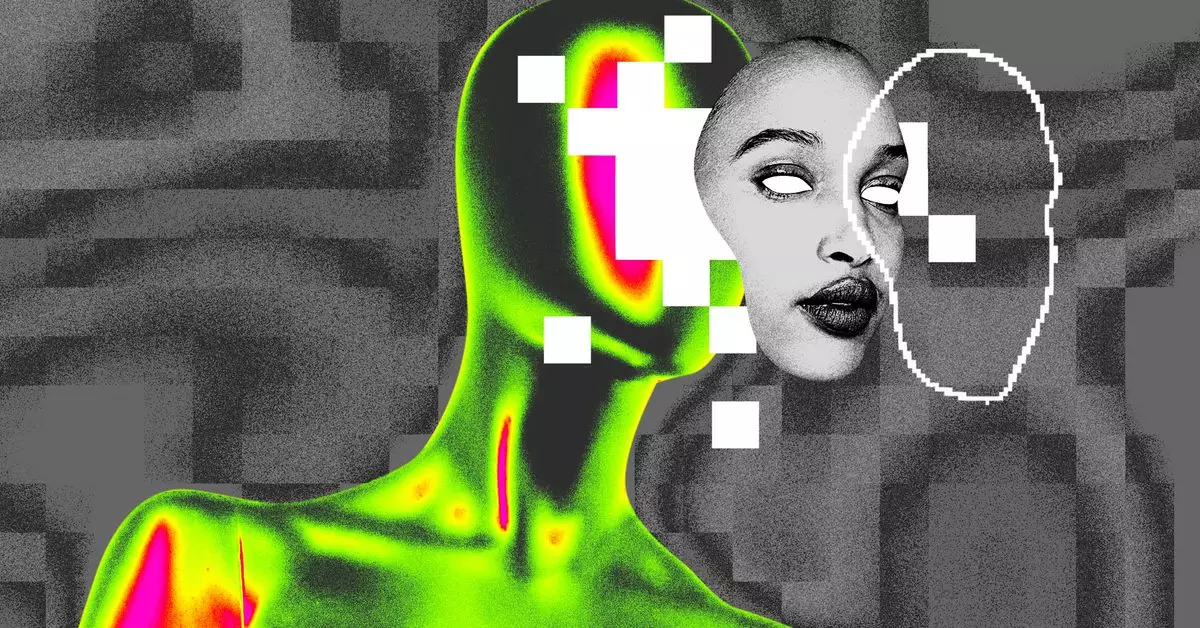In recent years, social media platforms have increasingly integrated filters that enhance users’ appearances, often leading to discussions about self-image and mental health. TikTok, a leading platform in the digital age, has acknowledged the growing concerns surrounding its beauty filters, especially regarding their influence on younger audiences. With millions of active users, particularly teenagers who are impressionable, the effects of these social media tools cannot be overlooked. Many users encounter beauty filters that can subtly alter their appearance, leading to unrealistic standards of beauty and heightened social pressures.
The beautifying effects offered through filters—such as smoother skin, longer eyelashes, and even slimmer faces—have been scrutinized for promoting a distorted perception of reality. Research from children’s online safety advocates has highlighted that many young users struggle to differentiate between altered and unaltered images, resulting in harmful comparisons and expectations. Consequently, TikTok has decided to implement age restrictions on some of its most potent beauty filters, a decision long overdue for a platform with significant influence over its demographic.
In an effort to mitigate the adverse effects of these filters on mental health, TikTok is rolling out several changes that specifically target users under the age of 18. This initiative involves restricting access to particular filters known for their beautifying effects while ensuring that features deemed “obvious and funny”—such as filters that create animal ears—remain available for younger users. The intent behind this decision is to create a safer environment that fosters positive self-esteem among teenagers by reducing exposure to potentially harmful beautification effects.
While some may perceive this move as a limitation on creativity, it is, in fact, a necessary step towards acknowledging and addressing the psychological impacts these digital alterations may have. The limitations set forth represent TikTok’s recognition of the role it plays in shaping the realities and self-perceptions of its young users.
The constraints introduced by TikTok are directly influenced by a report from Internet Matters, which emphasizes the distorted worldviews created by the pervasive use of beautifying filters. The findings underscore a troubling trend where children, unable to discern modifications, experience immense social pressure online. The report signals a crucial understanding that social media platforms possess the responsibility of safeguarding their users, especially the most vulnerable populations, by fostering a more genuine online environment.
In tandem with introducing age restrictions on certain filters, TikTok is also taking proactive measures to enhance user safety. The platform will be deploying new resources across various European countries aimed at connecting users reporting serious concerns—such as suicidal thoughts, self-harm, and harassment—to appropriate local helplines. The aim here is not merely to act in response to reported content but to be an ally in mental health concerns.
While the changes are currently being rolled out in Europe, there’s an expectation for TikTok to expand these safety measures globally. The platform boasts a staggering 175 million active users across Europe alone, making it critical for TikTok to establish consistent safety protocols that transcend geographical boundaries. However, it remains uncertain how and when these updates will be adopted in other regions, leaving many to ponder about the global implications concerning user safety and mental health.
Additionally, TikTok is investigating machine-learning technologies aimed at identifying underage accounts effectively. By targeting accounts created by users under the age of 13, TikTok is reinforcing its commitment to adherence to age regulations and seeking to create a more secure platform for all users. The procedure surrounding account deletion will also allow users to appeal if they believe a mistake has been made, which introduces a sense of fairness and transparency in the enforcement of age guidelines.
TikTok’s recent shift in policies signifies a monumental step towards acknowledging the importance of mental health and user safety in the realm of social media. As the platform continues to evolve and address the concerns raised by reports and user feedback, it will likely shape the future of how social media platforms handle the delicate balance between creativity and responsibility. The dialogue surrounding beauty standards and social pressures will undoubtedly continue, but TikTok’s proactive measures signify a commitment to fostering a healthier environment for its users.

